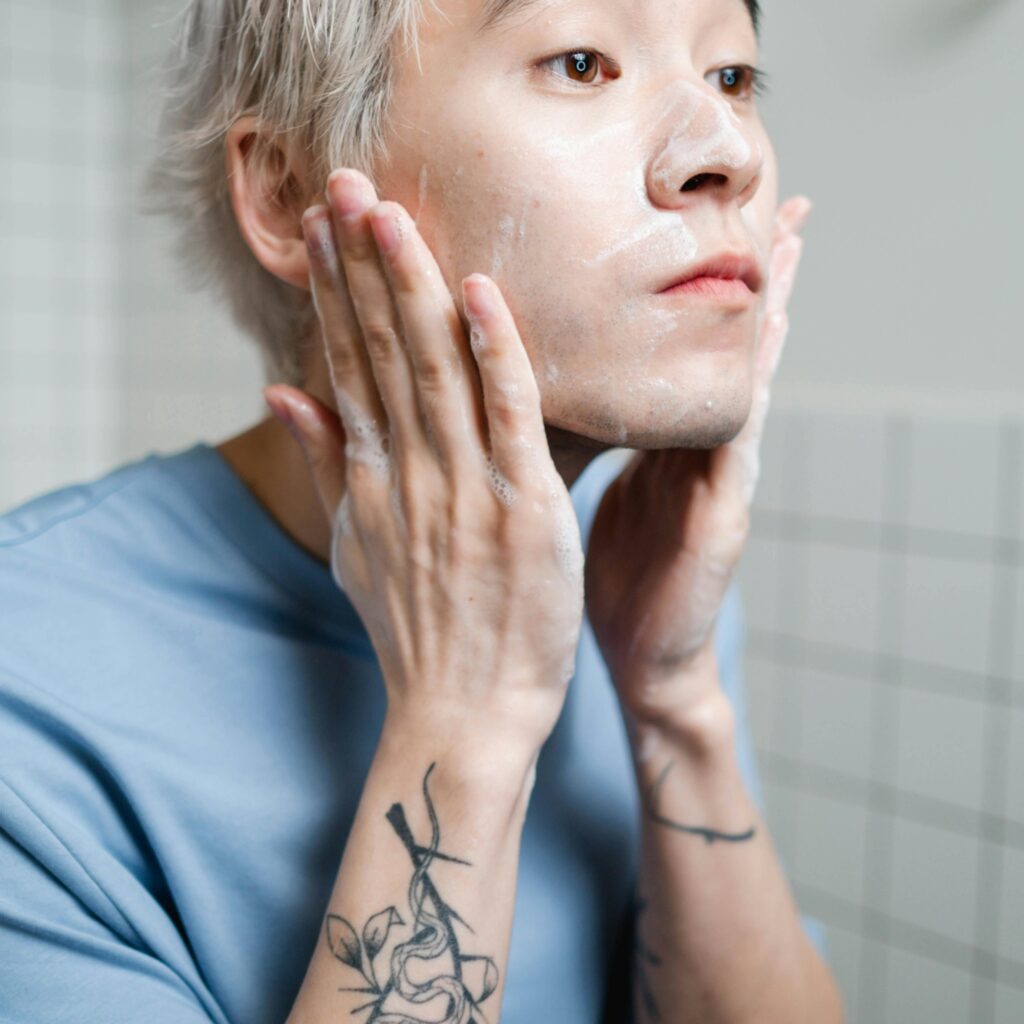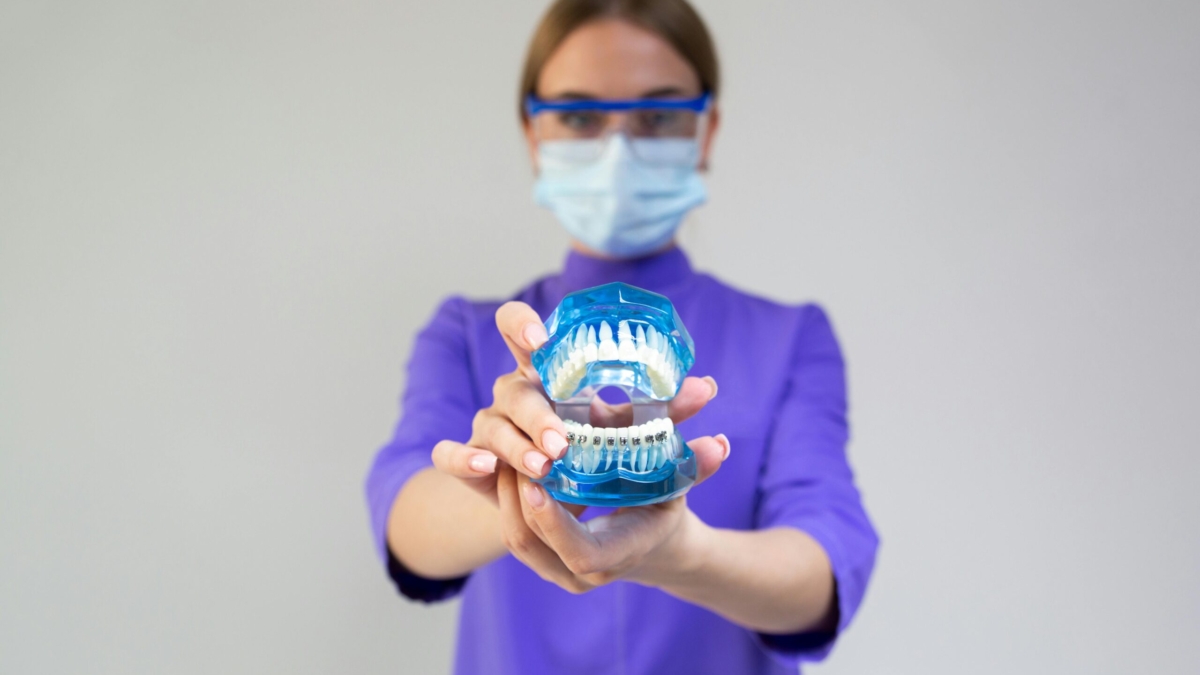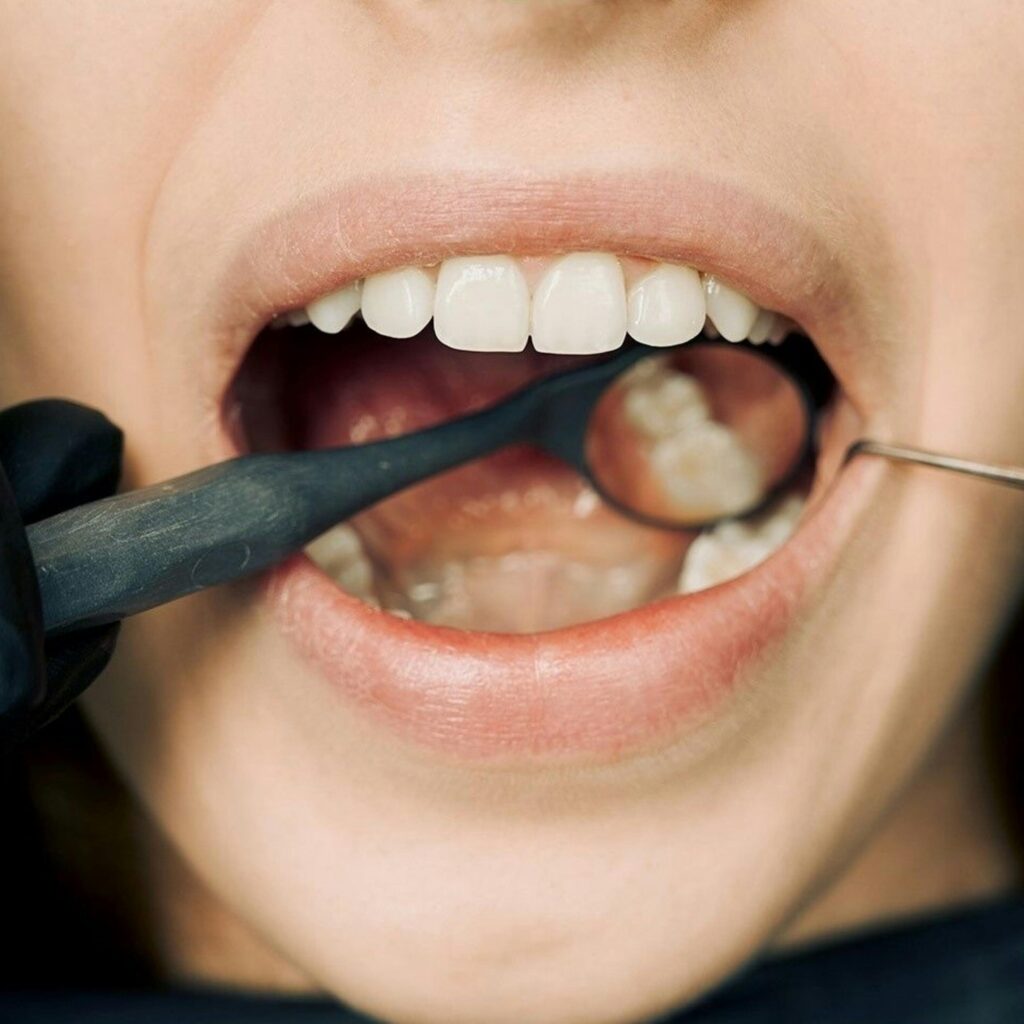Welcome to our comprehensive guide on achieving flawless skin, specifically tailored for those with sensitive skin. Sensitive skin requires special care and attention to avoid irritation and maintain a healthy complexion. In this blog post, we’ll provide you with expert advice, skincare tips, product recommendations, and practical solutions to help you achieve radiant and healthy-looking skin, even if you have sensitivities. Whether you’re dealing with redness, itching, or allergic reactions, we’ve got you covered with our ultimate guide to sensitive skin care.
Understanding Sensitive Skin
Sensitive skin is characterized by a heightened reaction to environmental factors, skincare products, and certain ingredients. It tends to be more prone to redness, itching, burning, and allergic reactions. Factors such as genetics, environment, and lifestyle can contribute to the sensitivity of the skin. If you have sensitive skin, it’s essential to understand your skin’s triggers and adopt a gentle skincare routine to keep it healthy and balanced.
Skincare Tips for Sensitive Skin

Gentle Cleansing
Opt for fragrance-free, hypoallergenic cleansers that are specifically formulated for sensitive skin. Avoid harsh scrubbing or using hot water, as it can further irritate the skin.
Hydrating Moisturizers
Choose lightweight, non-comedogenic moisturizers that provide hydration without clogging pores or causing irritation. Look for ingredients like hyaluronic acid and ceramides to help replenish the skin’s moisture barrier.
Sun Protection
Protect your skin from harmful UV rays by wearing broad-spectrum sunscreen with an SPF of 30 or higher. Look for mineral-based sunscreens containing zinc oxide or titanium dioxide, which are less likely to cause irritation.
Patch Test New Products
Before introducing new skincare products into your routine, perform a patch test on a small area of your skin to check for any adverse reactions. Wait 24-48 hours to ensure there are no signs of irritation before applying the product to your entire face.
Avoid Over-Exfoliating
Limit exfoliation to once or twice a week with gentle exfoliants such as chemical exfoliants containing alpha hydroxy acids (AHAs) or beta hydroxy acids (BHAs). Avoid physical scrubs or harsh exfoliating tools that can cause micro-tears in the skin.
Choosing the Right Products

When selecting skincare products for sensitive skin, look for labels that indicate “fragrance-free,” “hypoallergenic,” and “dermatologist-tested.” Choose products with minimal ingredients and avoid those containing potential irritants such as alcohol, fragrance, artificial dyes, and harsh chemicals.
Ingredients to Avoid
Common ingredients that may trigger sensitivity or allergic reactions in sensitive skin include fragrances, alcohol, sulfates, parabens, synthetic dyes, and certain preservatives such as formaldehyde and methylisothiazolinone. Reading product labels carefully and avoiding these ingredients can help minimize the risk of irritation.
Lifestyle Factors and Sensitive Skin
In addition to skincare products, lifestyle factors such as diet, stress, and environmental exposure can impact the health of sensitive skin. Eating a balanced diet rich in antioxidants and omega-3 fatty acids can help support skin health, while managing stress through relaxation techniques such as meditation and yoga can reduce inflammation and sensitivity. Protecting your skin from harsh weather conditions and pollution by wearing protective clothing and using barrier creams can also help minimize irritation.
Common Mistakes to Avoid
Avoid common skincare mistakes that can exacerbate sensitivity in sensitive skin, such as over-exfoliating, using hot water, using harsh cleansing brushes, and skipping patch tests before trying new products. Additionally, refrain from using multiple new products at once, as it can make it difficult to pinpoint the cause of any adverse reactions.
Conclusion: Embracing Your Sensitive Skin
In conclusion, having sensitive skin may present challenges, but with the right knowledge and skincare routine, you can effectively manage sensitivity and achieve a healthy, glowing complexion. Embrace your sensitive skin and treat it with the care and attention it deserves. By following the tips and recommendations outlined in this guide, you can enjoy beautiful, radiant skin without compromising on comfort and well-being.



